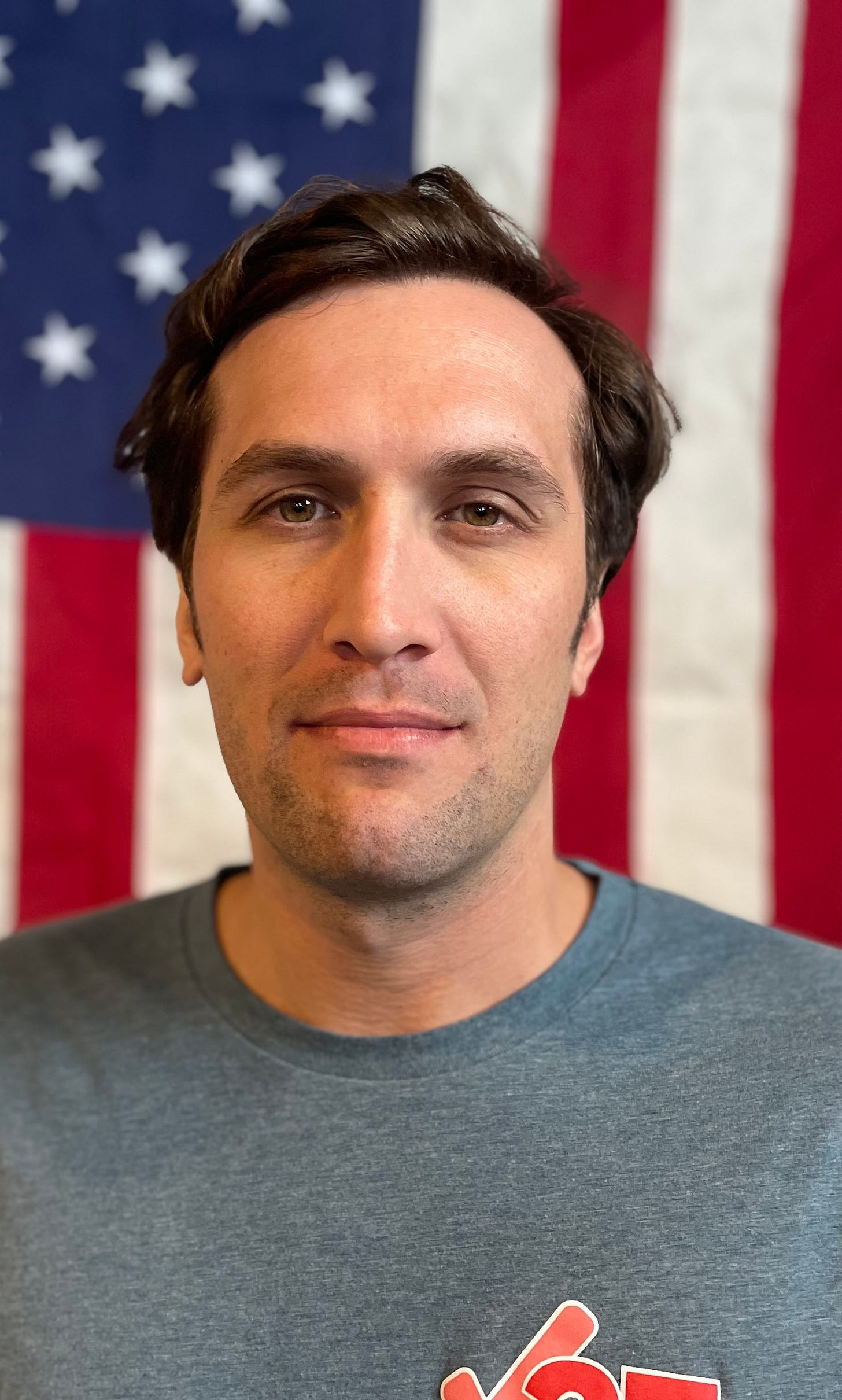Point: Give South Dakotans the freedom to use pot responsibly
Guest column by Matthew Schweich, South Dakotans for Better Marijuana Laws
This November, South Dakota voters will have the opportunity to approve cannabis legalization for the second consecutive election. Initiated Measure 27 would legalize small amounts of cannabis for adults aged 21 and over. It is a simple and conservative approach to ending the failed policy of cannabis prohibition. At its core, IM27 is a question of personal freedom. Are South Dakota adults responsible enough to make their own decisions about cannabis? Or should the government make that decision for them?
In this piece, I will explain the arguments in favor of cannabis legalization and quickly respond to the misinformation being spread across the state by our opponents.
There are many reasons why legalization serves the interests of the people of South Dakota:
1. Criminalizing cannabis is a waste of time and resources for police and courts. By legalizing cannabis, we can allow law enforcement to focus their attention on real crime affecting our communities. This is supported by reports published in Police Quarterly and the International Journal of Drug Policy, which found that cannabis legalization laws improved the rate at which police solved violent crimes in Colorado, Washington and Oregon.
COUNTERPOINT: Research shows why IM27 should be resoundingly rejected
2. South Dakota’s medical cannabis law, approved by 70 percent of voters in 2020, is still in the process of being implemented. In the meantime, it remains very difficult for patients to access the program. Many patients cannot easily find a doctor who will issue a medical cannabis recommendation. For some, the combined cost of the recommendation and the state ID card is an additional barrier. And our veterans face a unique problem – Veterans Administration doctors are not permitted to issue medical cannabis recommendations.
For many seriously ill people (including epilepsy patients, multiple sclerosis patients and cancer patients), cannabis is the only medicine that relieves their pain and suffering without debilitating side effects. IM27 will guarantee that all medical cannabis patients 21 and older in South Dakota are free from arrest.
POINT: Amendment D good for South Dakota's health, economy
COUNTERPOINT: Will Medicaid expansion help or hurt South Dakotans?
3. Cannabis arrests lead to criminal records that deprive South Dakotans of jobs, education, housing, military service and other opportunities. The burden of a cannabis conviction can needlessly hold someone back for their entire life.
4. This is an opportunity to restore the will of the people. Amendment A was overturned based on a deeply flawed legal ruling, one that ignored common sense and instead relied on a theoretical interpretation of the single subject rule. Gov. Kristi Noem used taxpayer money to fund the lawsuit against Amendment A, and her office initially misled the public as to the true nature of her involvement in the lawsuit. To compound the injustice, the South Dakota Supreme Court waited seven months to issue a ruling, a delay that I consider indefensible. Passage of IM27 would send a clear message to the political establishment – leave the initiative process alone.
I will now respond to opponents, who have resorted to a doom-and-gloom campaign of misinformation as they desperately try to maintain the criminalization of South Dakotans.
POINT: Let's meet the social studies standards challenge
COUNTERPOINT: South Dakota social studies standards will hurt students
Youth use has not increased in legalization states. The Colorado state government issued a report earlier this year finding that teen cannabis use has decreased since legalization was enacted in 2012. The Washington state government issued a report last year finding that cannabis use among sixth-, 8th-, 10th- and 12th-graders has decreased since legalization was approved in 2012. Peer-reviewed research (published in the Journal of the American Medical Association) covering 10 legalization states found no evidence that legalization laws are associated with increases in teen marijuana use.
Do your own research. The facts are clear – legalization works. And it will work in South Dakota.
Matthew Schweich is the Yes on 27 Campaign Manager for South Dakotans for Better Marijuana Laws Inc.


